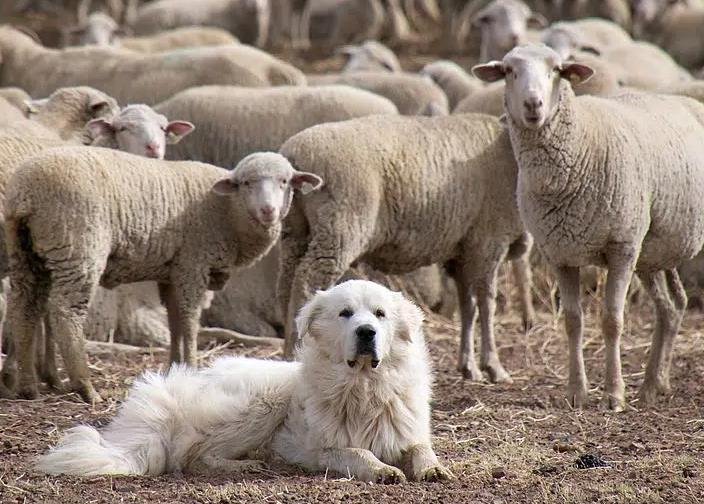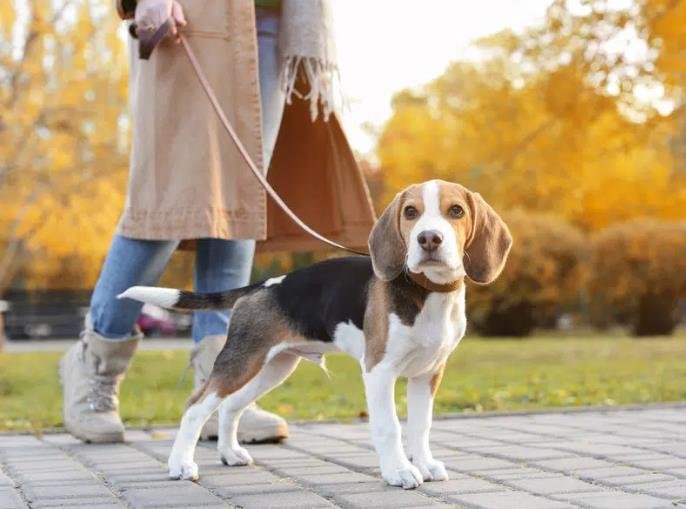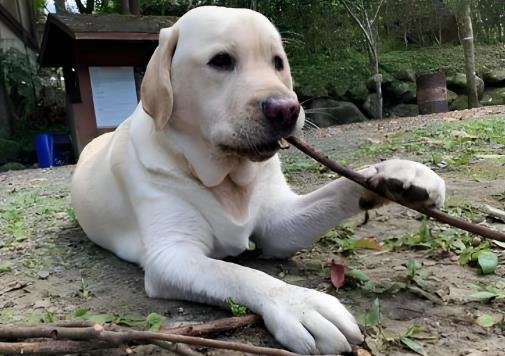Training a Labrador Retriever puppy involves patience, consistency, and positive reinforcement. Here’s a detailed guide to help you train your Lab puppy effectively:

1. Establish Basic Obedience:
- Teach simple commands such as ‘sit’, ‘down’, ‘stay’, and ‘come’. Use treats or toys as rewards for following commands.
- Use consistent hand signals and verbal cues to communicate what you want your puppy to do.
- Practice these commands daily in various environments to build your puppy’s obedience and adaptability.
2. Crate Training:
- Introduce a crate as a safe and comfortable space for your puppy. Start with short periods of time and gradually increase duration.
- Feed your puppy meals inside the crate to associate it with positive experiences.
- Never use the crate as a form of punishment. It should be a place of comfort and security.
3. House Training:
- Establish a routine for feeding, bathroom breaks, and playtime.
- Take your puppy outside frequently, especially after eating or playing, to encourage them to relieve themselves in the designated area.
- Reward your puppy immediately with treats and praise when they go to the bathroom in the correct spot.
4. Socialization:
- Expose your puppy to a variety of people, animals, and environments to develop their social skills. This will help them become well-adjusted and less likely to exhibit fearful or aggressive behaviors.
- Use positive experiences during socialization to build trust and confidence in your puppy.

5. Exercise and Mental Stimulation:
- Labs are energetic dogs that require plenty of exercise. Daily walks, playtime, and interactive games will help burn off excess energy and keep your puppy mentally engaged.
- Puzzle toys and brain-teasing activities can provide mental stimulation, which is essential for a Lab puppy’s development.
6. Training Classes:
- Enroll your puppy in a puppy kindergarten or obedience classes. This will provide structured learning and allow your puppy to interact with other dogs under supervision.
- Professional trainers can offer valuable tips and techniques tailored to your puppy’s individual needs.
7. Consistency and Patience:
- Be consistent with your commands and rules. Your puppy will learn best if there is a clear and predictable routine.
- Be patient with your puppy’s learning process. They will make mistakes, but with consistent training and positive reinforcement, they will improve over time.
8. Set Boundaries:
- Establish boundaries and rules for your puppy. This includes what they can chew (appropriate toys only), where they can go (no unsupervised access to stairs or dangerous areas), and what they can eat (a balanced diet, no human food).
- Be firm and consistent with these boundaries to prevent unwanted behaviors from becoming habits.
9. Health and Nutrition:
- Ensure your puppy receives regular veterinary check-ups and is up-to-date on vaccinations and parasite prevention.
- Provide a balanced diet that supports their growth and development. Avoid feeding table scraps and stick to a high-quality puppy formula until they are ready to transition to adult food.
10. Bonding and Attachment:
- Spend quality time with your puppy every day. This will strengthen your bond and provide opportunities for training and socialization.
- Playing together, cuddling, and gentle interaction will help your puppy feel secure and loved.
Remember, each puppy is unique and will learn at their own pace. Be patient, consistent, and always use positive reinforcement to encourage your Lab puppy’s development and training success. If you encounter challenges or setbacks, don’t hesitate to seek advice from a professional dog trainer or behaviorist.








